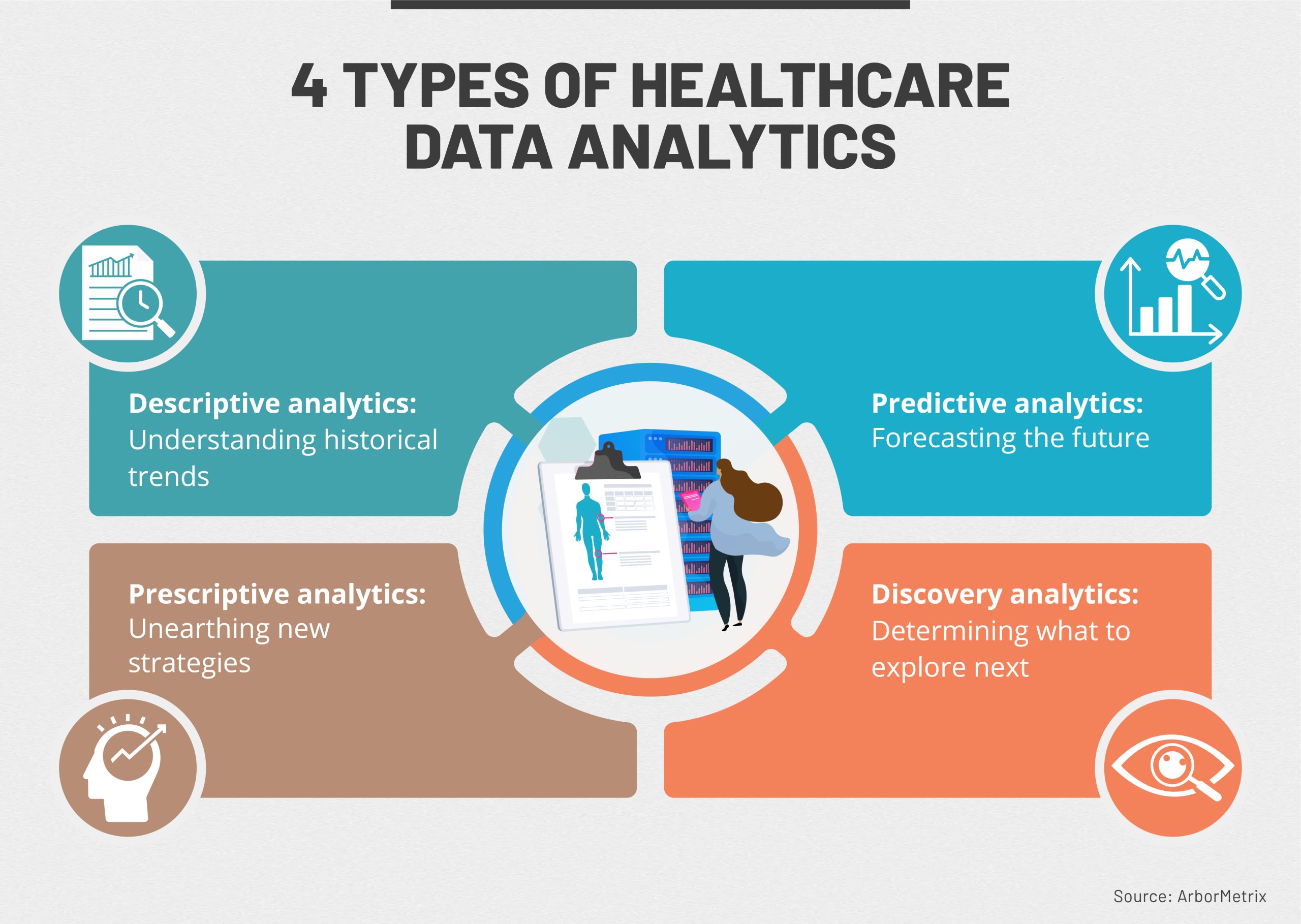The Benefits of Data Analytics: Unlocking Insights for Success
Data analytics has revolutionized the way businesses operate in the digital age. By harnessing the power of data, organizations can gain valuable insights that drive informed decision-making and fuel growth. In this article, we explore the numerous benefits of data analytics and how it can help businesses stay ahead in today’s competitive landscape.
Enhanced Decision-Making
Data analytics empowers businesses to make data-driven decisions, leaving behind the guesswork and relying on concrete evidence. By analyzing large volumes of data, organizations can identify patterns, trends, and correlations that provide valuable insights into customer behavior, market trends, and operational efficiency. Armed with this knowledge, businesses can make informed decisions that optimize their strategies, reduce risks, and maximize profitability.
Improved Operational Efficiency
Data analytics plays a pivotal role in optimizing operational efficiency. By analyzing data related to processes, workflows, and resource allocation, businesses can identify bottlenecks, inefficiencies, and areas for improvement. This enables organizations to streamline operations, eliminate redundancies, and allocate resources more effectively. As a result, businesses can enhance productivity, reduce costs, and ultimately deliver better products and services to their customers.
Enhanced Customer Insights
Data analytics allows businesses to gain a deeper understanding of their customers. By analyzing customer data, such as purchase history, browsing behavior, and demographics, organizations can segment their customer base and personalize their marketing efforts. This targeted approach enables businesses to deliver tailored experiences, relevant recommendations, and personalized offers, thereby increasing customer satisfaction and loyalty.
Identifying Market Trends
Data analytics enables businesses to stay ahead of the curve by identifying market trends and emerging opportunities. By analyzing industry data, competitor performance, and customer preferences, organizations can spot patterns and anticipate market shifts. Armed with this knowledge, businesses can proactively adapt their strategies, develop innovative products and services, and seize new market opportunities before their competitors, gaining a competitive edge.
Optimizing Marketing Campaigns
Data analytics revolutionizes the way businesses approach marketing. By analyzing marketing data, such as campaign performance, customer engagement, and ROI, organizations can gain insights into the effectiveness of their marketing efforts. This allows businesses to optimize their campaigns, target the right audience, allocate budgets wisely, and achieve higher conversion rates. Data-driven marketing strategies result in better ROI and improved customer acquisition and retention.
Enhanced Risk Management
Data analytics plays a crucial role in risk management. By analyzing historical and real-time data, businesses can identify potential risks, detect anomalies, and predict future outcomes. This enables organizations to take proactive measures to mitigate risks, prevent fraud, and ensure compliance. With data analytics, businesses can make informed decisions that minimize risks and protect their reputation and financial well-being.

Data analytics is a powerful tool that can unlock valuable insights for businesses across various industries. By leveraging data, organizations can enhance decision-making, improve operational efficiency, gain customer insights, identify market trends, optimize marketing campaigns, and mitigate risks. Embracing data analytics is no longer an option but a necessity for businesses aiming to thrive in today’s data-driven world. Unlock the power of data analytics and propel your business toward success.
Frequently Asked Questions – Benefits of Data Analytics
1. What are the main benefits of data analytics?
Data analytics helps businesses gain valuable insights from large volumes of data, enabling them to make informed decisions, improve operational efficiency, identify new opportunities, and enhance customer experiences.
2. How can data analytics improve decision-making?
Data analytics provides businesses with accurate and relevant information, enabling them to make data-driven decisions. By analyzing trends, patterns, and correlations in data, organizations can identify the most effective strategies and optimize their decision-making processes.
3. How does data analytics help in improving operational efficiency?
Data analytics allows businesses to identify inefficiencies and bottlenecks in their operations. By optimizing processes, reducing costs, and streamlining workflows, organizations can enhance their overall operational efficiency and productivity.
4. Can data analytics help in identifying new business opportunities?
Absolutely! Data analytics enables businesses to uncover hidden patterns and trends in data, helping them identify new market opportunities, customer segments, and emerging trends. This information can be used to develop innovative products and services and stay ahead of the competition.
5. How can data analytics enhance customer experiences?
By analyzing customer data, businesses can gain insights into customer preferences, behavior, and needs. This allows organizations to personalize their offerings, provide targeted marketing campaigns, improve customer service, and ultimately enhance the overall customer experience.
6. What industries can benefit from data analytics?
Data analytics has applications across various industries, including finance, healthcare, retail, manufacturing, logistics, marketing, and more. Any industry that deals with large volumes of data can leverage analytics to gain a competitive edge.
7. What skills are required for data analytics?
Data analytics requires a combination of technical and analytical skills. Proficiency in programming languages such as Python or R, and knowledge of statistical analysis, data visualization, and critical thinking are essential for successful data analytics.
8. What tools are commonly used in data analytics?
There are several popular tools used in data analytics, including Python libraries (such as Pandas, NumPy, and Scikit-learn), R programming language, SQL for database querying, Tableau for data visualization, and Apache Hadoop for big data processing.
9. How can small businesses benefit from data analytics?
Data analytics is not limited to large corporations. Small businesses can also benefit from data analytics by gaining insights into their operations, understanding customer behavior, optimizing marketing strategies, and improving overall business performance.
10. Is data analytics only useful for historical data?
No, data analytics can be applied to both historical and real-time data. Real-time analytics allows businesses to make immediate decisions based on up-to-date information, while historical data analysis helps identify long-term trends and patterns for strategic planning.




